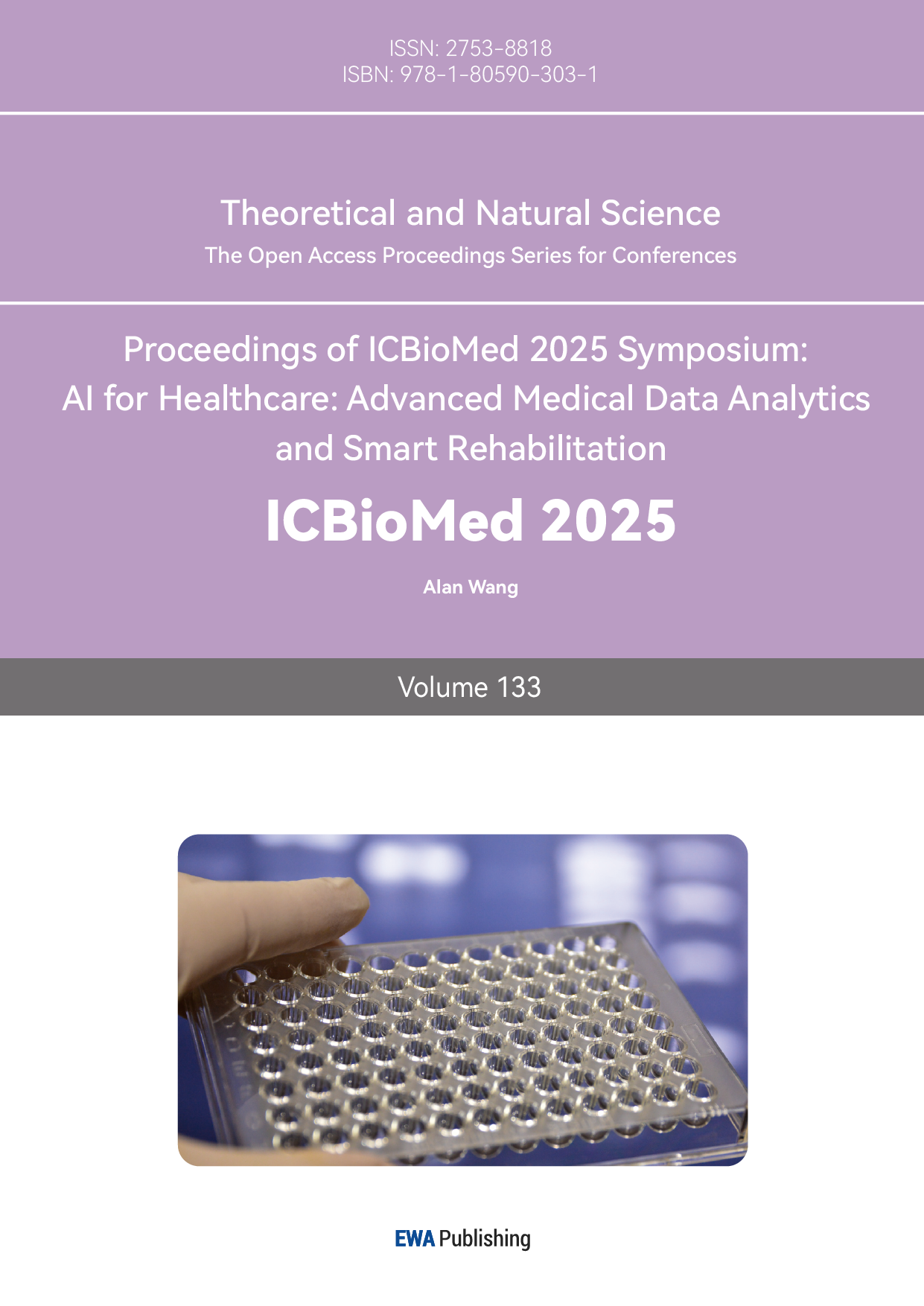References
[1]. Yonkers, Karen A., Peter M. O'Brien, and Erik Eriksson. Premenstrual Syndrome. The Lancet, vol. 371, no. 9619, 2008, pp. 1200–1210.
[2]. Schmidt, Peter J., and David R. Rubinow. Sex Hormones and Mood in the Perimenopause. Annals of the New York Academy of Sciences, vol. 1179, 2009, pp. 70–85.
[3]. Bäckström, Torbjörn, et al. Allopregnanolone and Mood Disorders. Progress in Neurobiology, vol. 95, no. 4, 2011, pp. 497–508.
[4]. Martinez, Pedro E., et al. Neuroendocrine Correlates of Self-Assessed Mood across the Menstrual Cycle. Biological Psychology, vol. 94, no. 3, 2013, pp. 530–537.
[5]. Reed, Stephanie C., Frances R. Levin, and Suzette M. Evans. Changes in Mood, Cognitive Performance, and Appetite in the Late Luteal and Follicular Phases of the Menstrual Cycle. Journal of Psychosomatic Research, vol. 65, no. 4, 2008, pp. 393–400.
[6]. Epperson, C. Neill, et al. Premenstrual Dysphoric Disorder: Evidence for a Neurosteroid Sensitivity Hypothesis. Neuropsychopharmacology, vol. 37, 2012, pp. 1325–1340.
[7]. Eisenlohr-Moul, Tory A., et al. Identifying Premenstrual Dysphoric Disorder in Daily Ratings: An Empirical Approach. Psychological Assessment, vol. 29, no. 6, 2017, pp. 607–618.
[8]. Sundström Poromaa, Inger, and Malin Gingnell. Menstrual Cycle Influence on Cognitive Function and Emotion Processing—From a Reproductive Perspective. Frontiers in Neuroscience, vol. 8, 2014, article 380.
[9]. Gonda, Xenia, et al. Mood Symptoms in the Menstrual Cycle: Are the Premenstrual Symptoms Forms of Depression? European Psychiatry, vol. 23, no. 6, 2008, pp. 469–474.
[10]. Sundström-Poromaa, Inger. The Menstrual Cycle Influences Emotion but Has No Impact on Cognitive Function: A Meta-Analysis. Psychoneuroendocrinology, vol. 96, 2018, pp. 50–64.
[11]. Brouwer, Aimee, and Leah Wetherill. The Role of Ovarian Hormones in Affective and Cognitive Function across the Menstrual Cycle. Psychoneuroendocrinology, vol. 129, 2021, article 105249.



